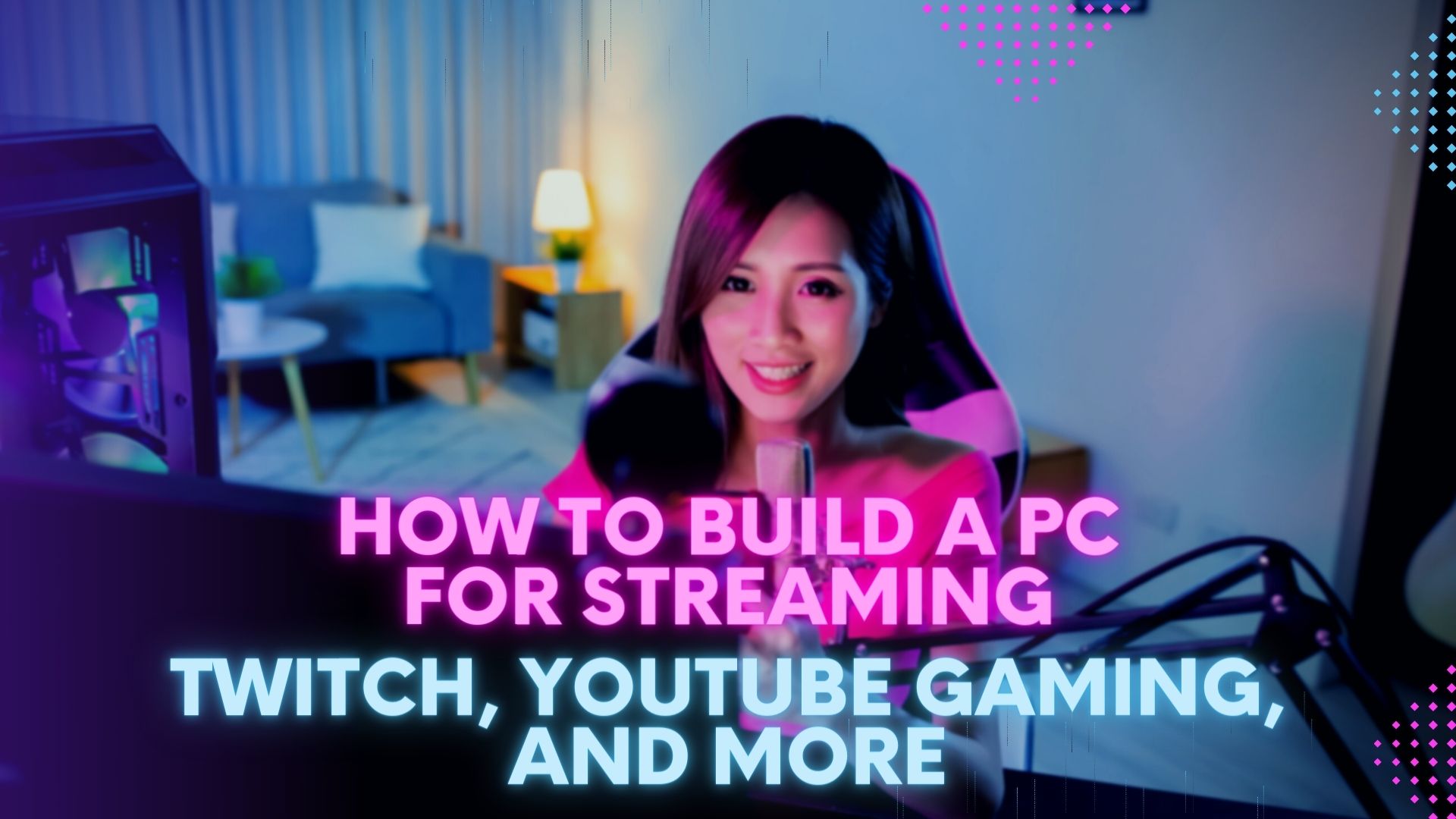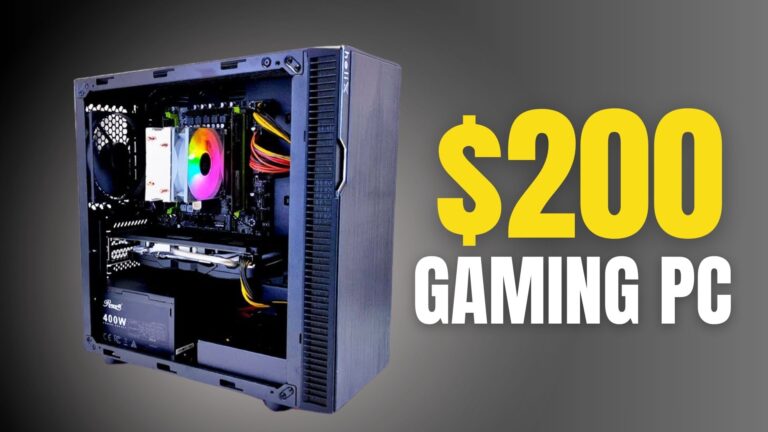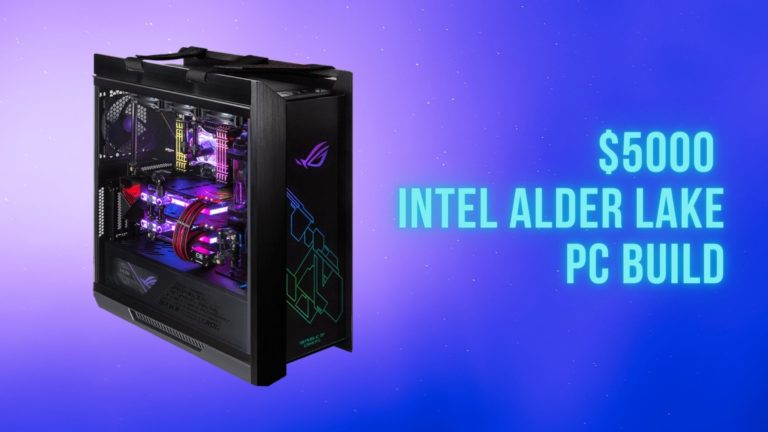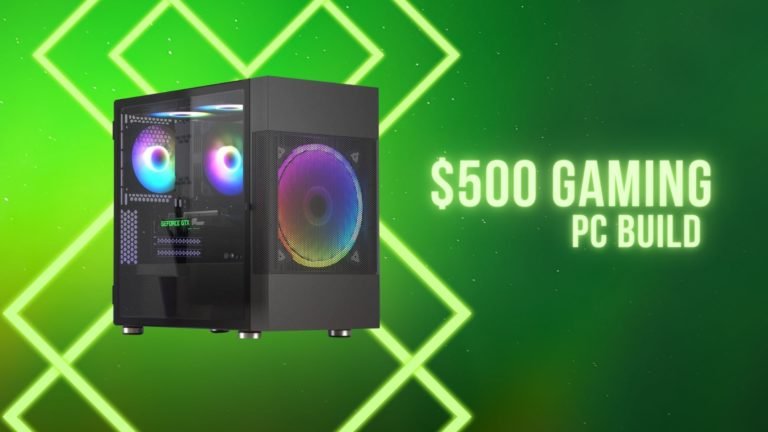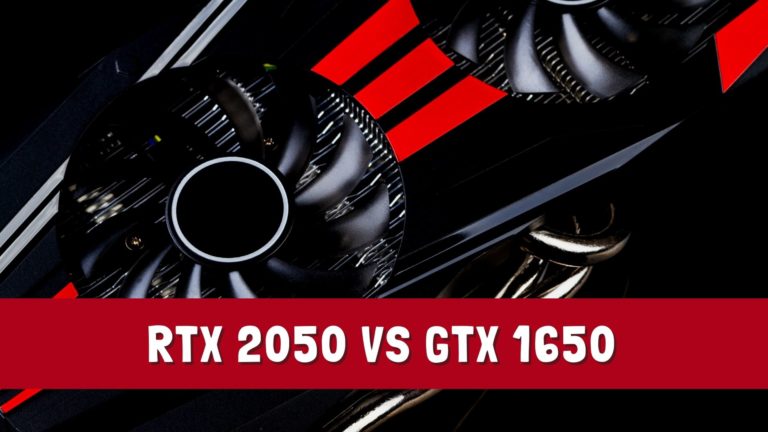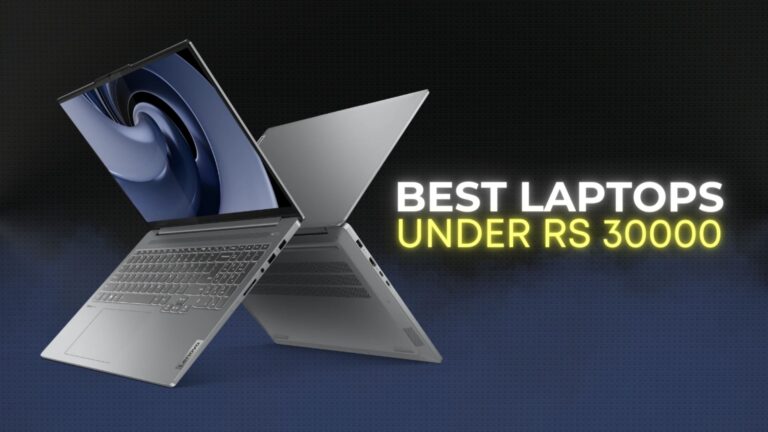It’s a lot easier to pick the best PC for streaming if you know what you need. A gamer’s needs are different from those of a DIY youtuber.
Fortunately, if you are not a gamer and want to enter the world of live shows from a different area, the demand is not high, and the price of the PC will not increase significantly over what you would buy otherwise. In the case of gaming, most games necessitate powerful configurations, and these are the factors that influence PC selection.
This PC Streaming Guide is extremely detailed and comprehensive. We’ll start with gamers, but there’s also plenty of room for non-gaming streamers, as well as laptops. We recommend that you read the entire guide for maximum benefit, but if you want to skip ahead, you can use the table of contents to jump to a specific chapter.
BEST SINGLE COMPUTER FOR STREAMING AND PLAYING
| BEST (BUILD) | BETTER (BUILD) | GOOD (BUILD) |
| Intel Core i7-10700K | Intel Core i5-10600K | AMD Ryzen 5 3600X |
| Nvidia GeForce RTX 3070 8GB GDDR6 | Nvidia GeForce RTX 3070 8GB GDDR6 | NVIDIA GeForce RTX 3070 |
| 16Gb RAM | 16GB DDR4 | 16GB RAM |
| 2Tb HDD • 500GB SSD 1Tb SSD | 1Tb HDD/ 480GB SSD | 240Gb SSD • 1000Gb HDD |
For many gamers, deciding on a PC configuration for streaming is a difficult task. Because not all gamers require the same thing, the three recommendations we’ve shown you represent a selection of the best opportunities based on your streamer profile. Not everyone can afford to invest in the best.
PCs for streaming gaming become more expensive due to the graphics card, not because streaming necessitates it. To stream a video game, you must first determine the game’s hardware requirements. Streaming Call of Duty: Warzone or Red Dead Redemption 2 is not the same as streaming Valorant or League of Legends.
You’ll be able to play all games and stream on a single PC with the best performance if you get a BEST OPTION PC. From the RTX 2060 to the RTX 3090, the RTX series graphics cards provide the best streaming performance. The processor will aid in the simultaneous gaming and live streaming on a single PC, but the graphics card is far more crucial. A Ryzen 7 or higher can make all the difference. A perfect combo to stream with maximum quality and have an advantage as a gamer.
You’ll be able to play all games and stream on a single PC with almost no performance loss if you use an Advanced PC. It will be enough to stand out in your Twitch live streams if you have a graphics card that supports the Nvidia Broadcast APP. These features are available starting with the NVIDIA GeForce 2060, which we will go over later in this PC guide. For streaming, the processor of a gaming PC will not be as important. It would be ideal if it had a large number of cores, but a good AMD Ryzen 5 will sufficient.
Demanding games will require a drop in graphics settings with an intermediate PC under $1200, but its graphics card will allow you to play with all of them if it is the right one; at the same time, it will allow you to take advantage of the new Turing architecture technologies. We recommend sacrificing microprocessor power in order to get the best graphics card for your money. And if it’s for streaming, we’d recommend a GeForce 2060 at the very least.
Amateur streamers and those who do it for fun will benefit from the most GOOD OPTION PC Streaming. It should sufficient for any current game and will allow for acceptable streaming quality. It will be necessary to tweak the configuration for several last-generation games to achieve optimal performance, but take a close look at the minimum and desirable requirements of each game, and keep in mind that the act of live streaming will consume resources (and not in small amounts) on the PC. Take this into account, and you should have plenty left over! It’s also possible that the gaming experience will be harmed.
What does a PC need to stream as a gamer?
First of all, you must be clear about which element will carry the weight of the video encoding. These are the three options:
- The Processor
- The Graphics Card
- A Dedicated Computer
Even if it is not the most popular option among amateur streamers, a dedicated PC just for streaming is the most professional option. With a separate PC, you’ll only have to configure your stream once, and it’ll always be fixed on the second computer, which will only receive the signal you send it from the computer you’re using and won’t be affected by normal gamer usage.
What is the Best Resolution to Stream?
Secondly, we must clarify that streaming at 720p, 1080p or 4K is not the same. The higher the resolution you want to stream, the more resources will be consumed. That Means you need a more Higher-End PC Specs.
Remember!
- Only those who can’t stream at 1080p can stream at 720p. It is already the standard resolution for 2022.
- The 720p already belongs to a residual market and audience.
- Most professionals make a living at 1080p.
- To broadcast in 4K you need big equipment, because of its high performance consumption.
- When you rescale to 4k, the resulting image is cleaner than 1080p.
1080P RESOLUTION FOR LIVE STREAMING IS BEST AND COST-EFFECTIVE OPTION.
Best Graphics Card For Streaming
As we previously stated, a gamer who broadcasts live must first check the hardware requirements of the games he is playing or intends to play. Graphic cards are in high demand in the gaming world, and they can be much more expensive than the rest of your computer’s components.
The good news is that new generations of mid-to-high-end graphics cards can produce a very high-quality stream. Not only that, but they do it with very little FPS loss during the game, which is crucial for a gamer!
Most Popular Graphics Card You Can Buy For Your Build
For now, we are betting on Nvidia; because it has also dazzled us with its new technology in the RTX series that brings many benefits to streaming. It’s amazing! It is capable of:
- Recognize the streamer in front of the camera and change the background without using a chroma key.
- Cancel out any kind of annoying noise such as a barking dog, the truck on duty or the drilling noise of a cherry blue mechanical keyboard. It will make it seem like you are inside a room isolated from the outside.
When read in text, it appears unimpressive, but both features appear to be magical in their execution. Check out this video, which only scratches the surface of its enormous potential:
Microprocessor of PC for Streaming
Streaming consumes a lot of processing power. This consumption will hardly be felt if you have a good microprocessor. What can increase the percentage of processor usage when streaming live?
- Having a microprocessor with few cores or an obsolete series.
- The demands of the game are close to the maximum capabilities of the processor.
- Streaming and playing with a very high resolution.
The fact of streaming already decreases the FPS in the game in a more or less perceptible way. This is the main reason that should lead you to acquire a computer that exceeds, and not by little, the requirements of any game. It is best to forgo processors lower than AMD Ryzen 5 or 7, and that the processors have a minimum of 6 cores and 12 threads to fight against the tedious task of coding.
Where Can You Store Live Streams Recordings?
Another feature we’ll look for in a streaming computer is storage capacity. A professional streamer, for example, who streams live on Twitch saves the recordings so that he or she can use them to create clips for other social networks or platforms.
Audiovisual files with a long duration require a lot of storage. Many streamers use the Cloud as an alternative to their large hard drive, but keep in mind that they can delete or hack your account at any time, as happened with Mixer. Of course, if you’re only going to stream live on Twitch, Youtube, or Facebook Gaming, the amount of disc space you’ll need isn’t as significant; you’ll be fine with enough space for your four main games and editing programmes.
Streaming Without Performance Loss
Because no gamer wants to waste his CPU resources on anything other than the game he’s playing, this is critical. And this is where the first conundrum arises: is it better to have one super-powerful PC or two PCs, each dedicated to a specific task?
The second option is unquestionably the best for ensuring that you do not lose even the tiniest performance in your games, but it also necessitates a larger budget. However, it should be noted that the budget will not increase by 100%, because if you decide to use a PC for everything, you will need to invest more in it to achieve the desired performance. Have you checked the suggested system requirements for the games you want to play? If you stream, you’ll probably want to do a little more.
BEST DEDICATED PC FOR STREAMING
| VALID BUILD FOR GAMING ALSO | MORE EFFICIENT DEDICATED BUILD | HIGH CAPACITY DEDICATED BUILD |
| Intel Core i5-9700F | Intel Core i7-9700 | AMD Ryzen 7 Pro 4750G |
| 16GB RAM | 16GB RAM | 8GB RAM |
| 240GB SSD • 1000GB HDD | 512GB SSD | 480GB SSD + 1TB HDD |
| GeForce® GTX 1660 6GB GDDR5 | Intel® UHD Graphics 630 | Integrated Graphics |
Streaming With Two PCs
The best option for streaming is to have two PCs, one dedicated to the game and the other to the transmission. Furthermore, it is suggested if:
- The game’s system requirements are close to the PC’s maximum capabilities.
- You can’t afford coding-related performance issues in your games.
- As a streamer, your project is professional, and you want the best results possible.
Streaming with a PC, on the other hand, is not a bad idea:
- The games you’re streaming have a low system requirement.
- You don’t give a damn if you’re not giving your best effort.
- The streams take precedence over the game’s development.
- You simply do not have the financial means to purchase a second computer.
What are the Benefits of a Dedicated Streaming PC?
- You do not deplete the resources of the computer on which you are playing.
- It is much better on an organisational level because the broadcast parameters are only configured once. The dedicated streaming PC is cleaner, as it only uses the video signal from the main computer. Because there are fewer variables, there are no disruptions or uncontrollable events.
What does the second ideal PC for streaming look like: a dedicated computer?
- A good microprocessor, such as AMD Ryzen 7 2700, is included.
- It has a minimum of 16GB of RAM memory.
- If the live is going to be processor work, the graphics card doesn’t matter; otherwise, an RTX 2060 is the best.
- RAID storage is used to avoid losing data if a hard drive fails because the data is shared among several drives (optional but recommended advice).
When it’s best to use two computers to stream
- When the technical requirements of a game are extremely high.
- If the games are triple AAA.
- If you’re going to stream in 4K.
- Users who stream across multiple platforms (PC and Console).
- When you need an efficient and long-lasting initial stream configuration.
Is it possible to use a laptop as a dedicated computer?
Yes, a laptop can be used as a second computer for streamers if it meets the above requirements. Make certain it has all of the required inputs (HDMI, USB 2.0 or 3.0).
BEST STREAMING PC FOR NON-GAMER
If your streaming project is focused on something other than gaming and other types of live streams, you’re in luck; the requirements are much less stringent and less expensive. You also want to stand out, which is a separate issue.
THE STREAMING PC YOU NEED IS THE SAME THAT A GAMER REQUIRES AS A SECOND COMPUTER: A DEDICATED PC WITH A GOOD PROCESSOR.
Important: If you want to use it occasionally to play games, it's best to get a graphics card with the bare minimum of guarantees.
Your level of professionalism will be influenced by the amount of money you spend on computer equipment. With the exception of the expensive graphics card, a computer with features similar to gaming computers is your ideal PC for streaming if your project has ambition and you intend to monetize it.
With a Ryzen 3 and a GTX 750, as well as 4 GB of RAM, could you stream live? Yes, but the streaming world is rapidly changing, and you don’t want to discover that after two years of hard work, your stream’s content is the only thing that hasn’t become obsolete. Remember that some streamers are already streaming in 4K in some sectors, even if it isn’t mainstream yet (and probably won’t be in the next few years).
If you’re not a gamer, what does a PC need to stream live?
If your goal in the world of streaming isn’t gaming, the computer configuration you’ll need changes slightly. Fortunately, the amount of money in your pocket will be substantial. Why?
Along with the processor, the graphics card is the most expensive piece of hardware. If you are a gamer, staying up to date is essential in order to avoid limitations in the games that will be released in the coming years; however, if you are not a gamer, you will avoid investing in this computer component. There are other factors that are more crucial.
Microprocessor of a Streamer PC
If you are not a gamer, you should put the most money into the processor. In fact, if you’re looking for something ambitious and long-term, we recommend the AMD Ryzen 7. You could even use the Ryzen 3 without suffering too much of a performance hit, depending on the type of channel you have and how it uses CPU resources. If you want to take screenshots in addition to using the webcam, you’ll need a processor with more power and cores. You may also run into issues if you use resource-intensive applications (autocad, photoshop, Adobe Premiere, etc.).
In conclusion, while we recommend investing in the best graphics card for gamers, other streamers have two options:
- Streaming with a good processor’s resources while sacrificing the graphics card: At the very least, a Ryzen 5 or Intel Core 7 processor with as many cores as possible is required.
- Allow the graphics card to do the streaming work: at the very least, an Nvidia GeForce RTX 2060.
Streamers’ PC storage
You’ll need adequate storage if you plan to store your recordings, editing files, assets, or documentation in a heavy format. This is a common practise among streamers who distribute their content across multiple platforms, as well as a requirement for professionals. If your streaming project is amateur, and you only stream live on Twitch, Youtube, or Facebook Gaming, you can put storage on the back burner and focus your resources on finding the best streamer PC.
How Much RAM is Sufficient?
If you are not a gamer, 8GB of RAM will sufficient for streaming, but we do not recommend it. The current standard is 16GB, and buying a less powerful option now could result in obsolescence in less than two years.
BEST STREAMING PC FOR NON-GAMER
| MSI GF65 | ASUS TUF DASH 15 | EVOO GAMING |
 |  |  |
| Intel Core i7-10870H | Intel Core i7-11370H | AMD Ryzen 7 4800H |
| 16 GB | 8 GB | 16 GB |
| GeForce RTX 3060 | GeForce RTX 3050 Ti | GeForce RTX 2060 |
| BUY HERE | BUY HERE | BUY HERE |
Streamers who need to broadcast their live performances outside of their home studio should use laptops. A video conference or an event, for example.
Laptops are versatile, but they will never be as powerful as their desktop PC cousins if products are priced similarly. For any wallet, the reality is stark: you’ll have to invest nearly twice as much to get the same result! “Yeah, but I want/need a laptop to stream,” you might say. Well, let’s take a look at the best we’ve seen for each streamer profile. Surely one of them will meet your requirements.
Stream gamers will appreciate the Pro and Advanced laptops. They have a powerful graphics card that enables new AI-powered applications to enhance live streams in ways never seen before (we have already shown the videos in this post). There aren’t many laptops with this feature yet, but it’ll only be a matter of time before it takes over the market.
The Intermediate Laptop is recommended for those who will be storing a large amount of data on the hard disc with their direct. You can already use the Nvidia Broadcast APP and have incredible streaming capabilities if you have an RTX 2060 graphics card. Its power also makes it ideal for a professional streamer who isn’t only interested in video games.
Gamers and non-gamers alike will benefit from the most basic laptop for streamers. It’s no coincidence that we continue to recommend an Nvidia GeForce RTX 2060 graphics card. That graphics card model is a significant step forward in terms of quality. Until recently, it was recommended to use processor resources to broadcast live, but with these graphics cards, the process will be handled entirely by them. It’s the perfect laptop for the casual streamer who broadcasts live from their home studio, as well as those who have a desktop PC but need a portable alternative when they’re on the go.
To stream on a laptop, what do I need?
Gamers should keep in mind that if a laptop can’t compete with a desktop PC for the same price, it’s best if the microprocessor has as many cores as possible and the RAM is split into two modules to take advantage of Dual Channel. Oh, and stay away from graphics cards built into the microprocessor, as they can’t even start some games and aren’t designed for gamers!
If you’re not a gamer, you should be aware that video consumes a significant amount of processor and memory. If you want to keep your budget as low as possible, you don’t need to go overboard with the graphics card, so make sure you have a good microprocessor and enough RAM! Of course, the current trend is to broadcast live by putting the burden of the process on the graphics card, though this is a slightly more expensive option that is better for gamers.
NOT JUST ANY PC WILL DO FOR A GOOD LIVE PERFORMANCE, AND EVEN LESS IF WE ARE TALKING ABOUT LAPTOPS. DON’T CHOOSE JUST ANY PC AND STICK TO MINIMUM REQUIREMENTS.
PC ACCESSORIES YOU NEED TO STREAM
You won’t be able to take advantage of your computer no matter how good it is if you don’t have the right accessories:
Gamers, Twitch users, and all types of live events that involve conversations with your viewers use Headphones.
Microphones: Dynamic and condenser microphones are available for gamers who want to up their game and separate their microphone from their headset. Podcasters and non-gamer streamers are also welcome.
If you’re using a condenser microphone, you’ll need the phantom power provided by the Audio interface. It’s the ideal combination for creating a professional sound.
Cameras: Webcams are the queens of cameras to broadcast live, but there are better alternatives if you are forced to broadcast outside of your Home Studio.
Video Capture Device: Required for signal encoding when the camera is not a webcam, as well as for gamers looking to save money.
Extra Add-Ons: there are some other accessories that can greatly improve the outcome of your transmission even if they are not required; take a look!
And there’s one more thing you’ll have to do, even if it’s not an accessory: Broadband Internet with a minimum upload speed of 2 MBPS!
You might think that two megabytes will sufficient, but this is only true if you don’t plan to stream in high resolutions (more than 720p) and refresh rates, without taking into account the audio signal’s quality and latency. If you want to broadcast in 1080p quality, 5 MBPS upstream is ideal, and if you have access to broadband, the more megabytes upstream you have, the better; it’s the only way to broadcast at 1080p/60fps or 4k/30fps.
A GOOD PC, AS WELL AS A GOOD MICROPHONE AND A GOOD CAMERA WILL NOT LOOK THE SAME IN YOUR TRANSMISSION IF YOU DON’T HAVE A GOOD INTERNET CONNECTION.
